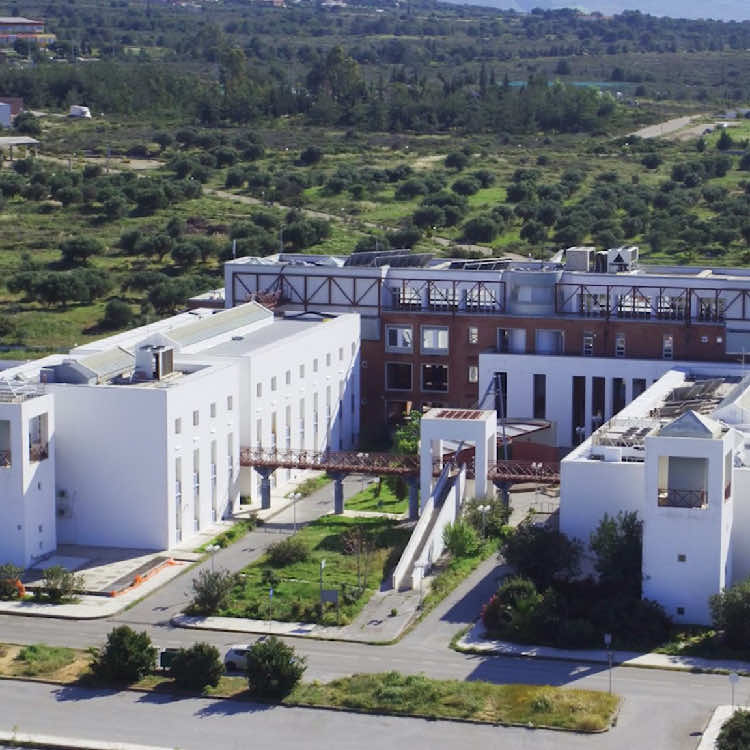Sorry, no records were found. Please adjust your search criteria and try again.
Sorry, unable to load the Maps API.
English Taught Universities in Greece
Greece has some of the world’s most important archaeological sites, miles of beautiful coastline, and warm, sunny weather to match. The influence of Greece is immense when you consider how ancient Greek philosophers such as Plato and Aristotle still play an important role in modern democratic societies. Greece is in the south of Europe and is part of the European mainland, but also has approximately 6,000 islands scattered around the Aegean and Ionian seas. Mainland Greece borders Turkey to the east and Bulgaria, Macedonia, and Albania to the north. The country enjoys a Mediterranean climate with warm summers and mild, moderately wet winters. Benefitting from this warm climate, Greece grows an abundance of different fruits and nuts. In particular, it is most famous for its production of olives. The cuisine in Greece is world renowned for being both tasty and extremely healthy, with foods such as feta cheese and Greek yogurt. There are a number of issues to consider before choosing to study in Greece. The country has been facing a severe economic crisis and this has impacted public universities, with some temporarily closing and disrupting studies. There are also a number of private colleges, which are not at the mercy of public finances. However, these institutions also have their own issues, with the Greek government failing to recognize a private college diploma in some instances. Because the Greek government fails to fully recognize the programs of private colleges, most are validated by foreign universities. Despite these issues, studying in Greece can be a great opportunity. Living in Greece is also very affordable, with housing often attainable for less than €250 per month, and food and drink are equally inexpensive.
























